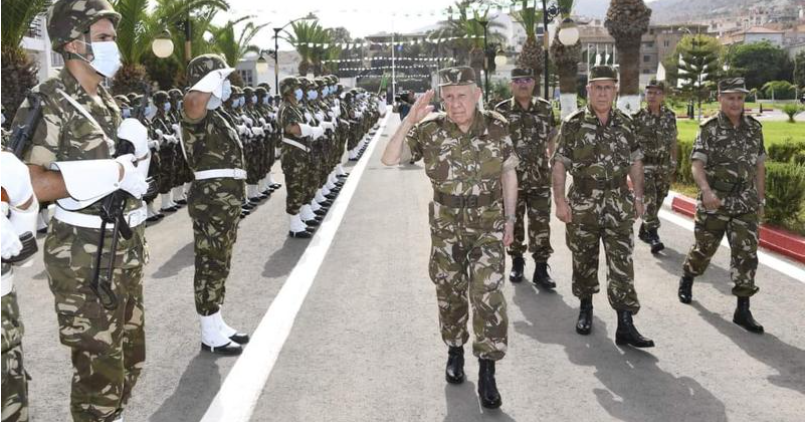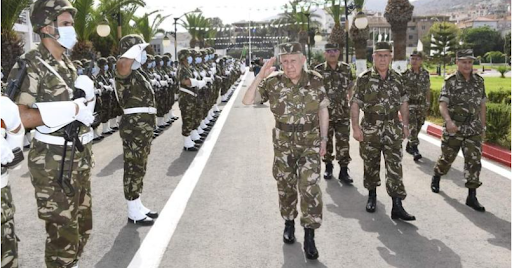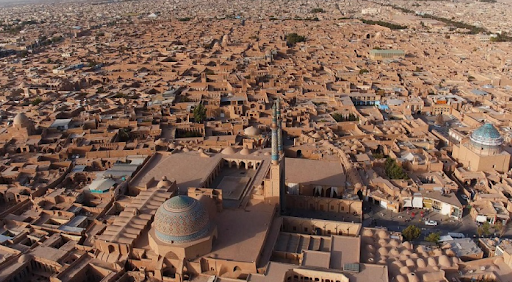
Algeria's Lieutenant General Saïd Chanegriha, Chief of Staff of People's National Army, on an official visit to the Russian Federation
And the statement of the Ministry of National Defense stated that, "At the invitation of Lieutenant General Sergey Shoigu, Minister of Defense of the Russian Federation, Lieutenant General Said Chanegriha, Chief of Staff of the People's National Army, pays an official visit to the Russian Federation, starting today."
"The visit, which falls within the framework of strengthening cooperation between the People's National Army and the Russian Armed Forces, will enable the two parties to discuss issues of common concern," the statement added.
The visit happens as Algeria’s media outlets reported on increased tension with Morocco, which appears to be using its connections to some Western governments to normalize its occupation of Western Sahara.
The Algerian newspaper, Al-Khabar, accused the UAE of supplying Morocco with a new spying system developed by the Israeli company Quadream, intended to penetrate the phones of officials and journalists in ten countries, as it was installed near the Algerian border, in a detailed report published last Thursday titled “Abu Dhabi.” The capital of confusion,” which is an Algerian slang word meaning “sedition.’
Algerian lawmakers comment on regional security matters: Tensions with Morocco are unprecedented, the return of relations is excluded, and Israel's participation in the US-led African Assad maneuver is provocative
Africa's new and perennial challenges
The African continent is a state of flux as it seeks to adjust to the new multipolar world order.
Many African leaders attended the Russia-Africa Summit hosted by Putin in Russia this week. This week also saw another military takeover of the government, the removal of the president of Niger.
Algeria will support Niger in case of external military aggression, according to the Algerian publication Intel Kirby.
They reported on the potential invasion of Niger under the leadership of ECOWAS, stating that Algeria will not remain idle while its neighboring country faces an invasion.
There were already unconfirmed reports that the Algerian army has started increasing security measures and raising its level of readiness on the border with Niger.







































































